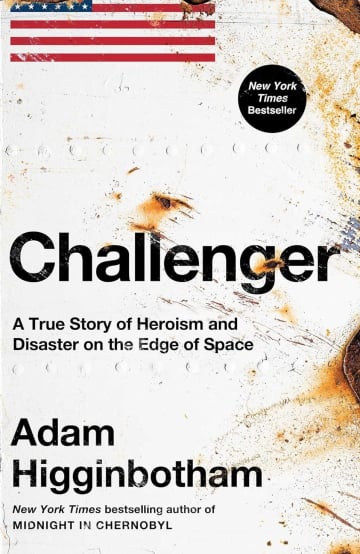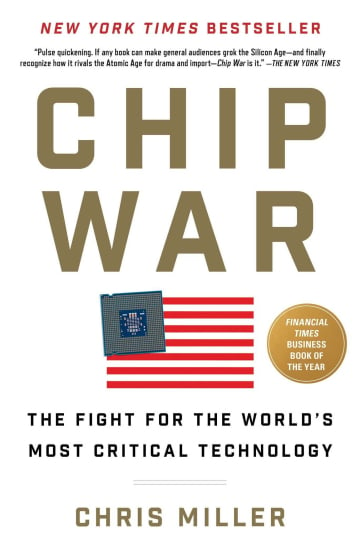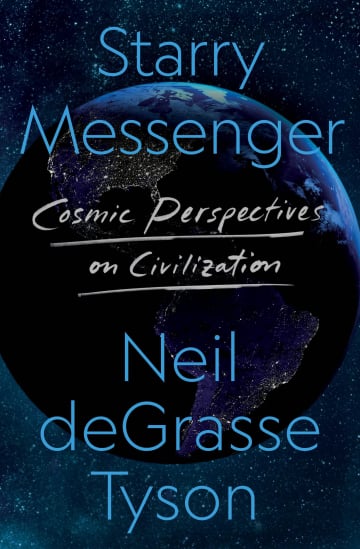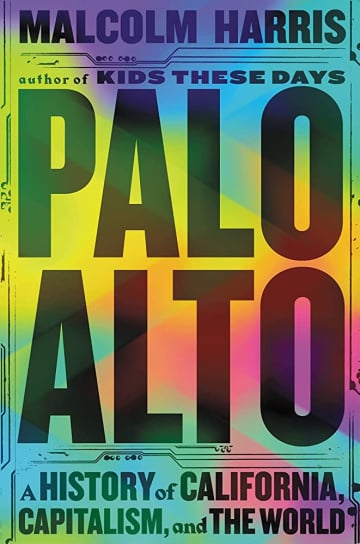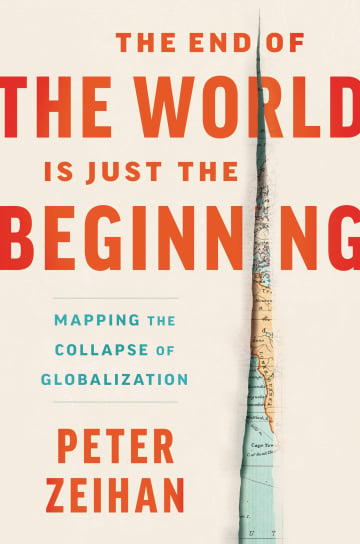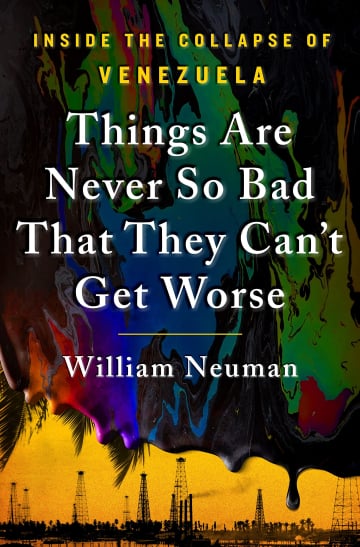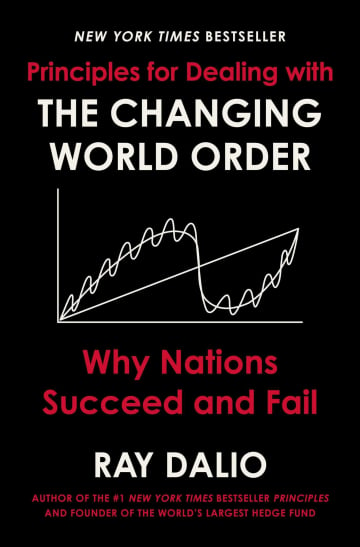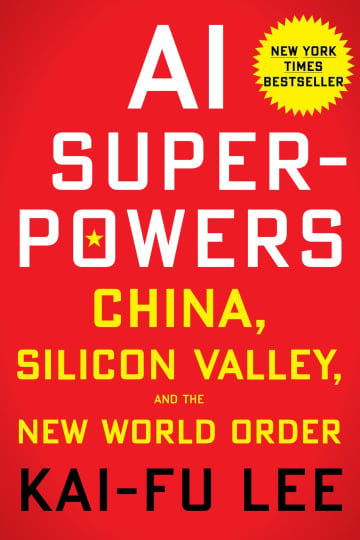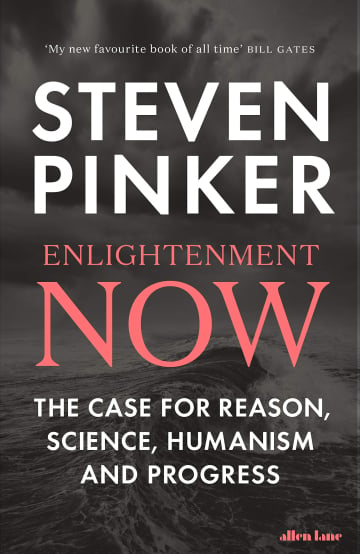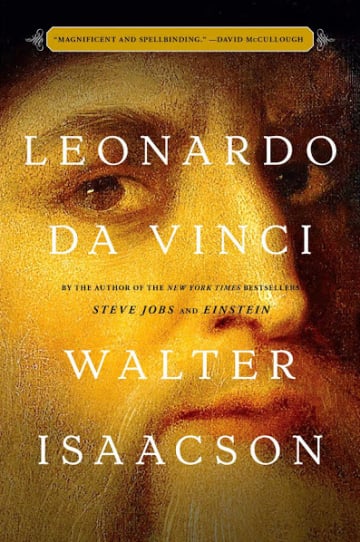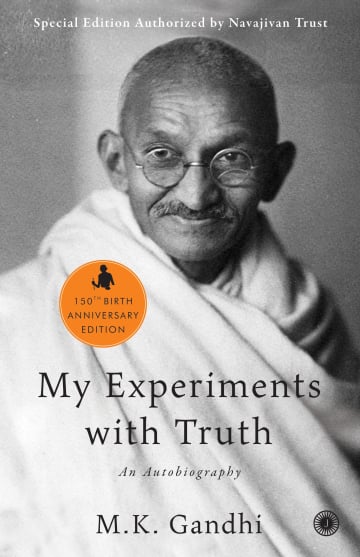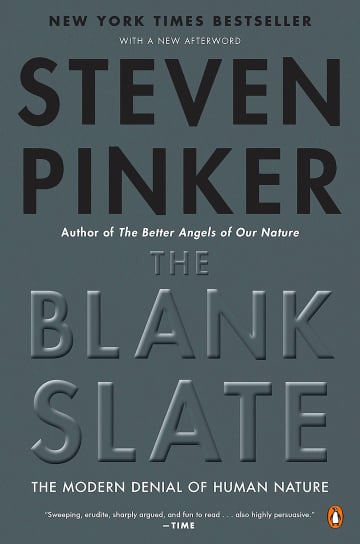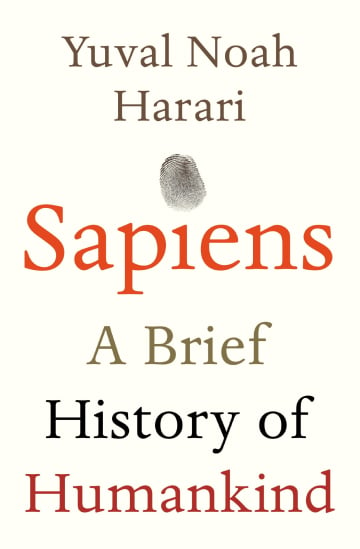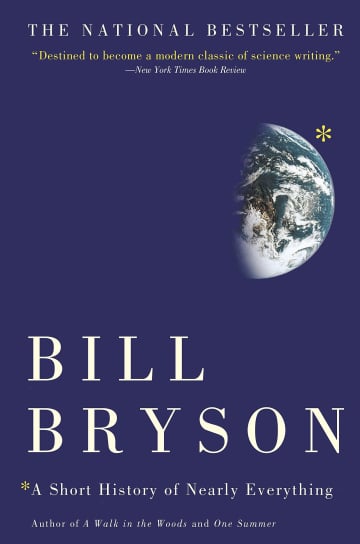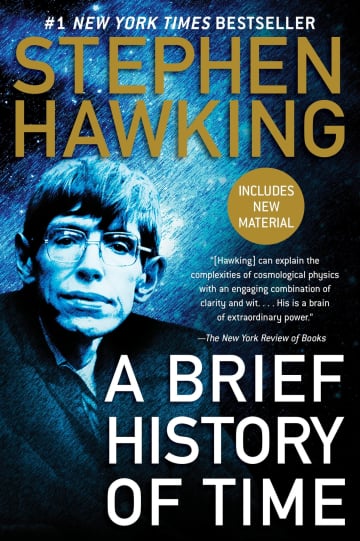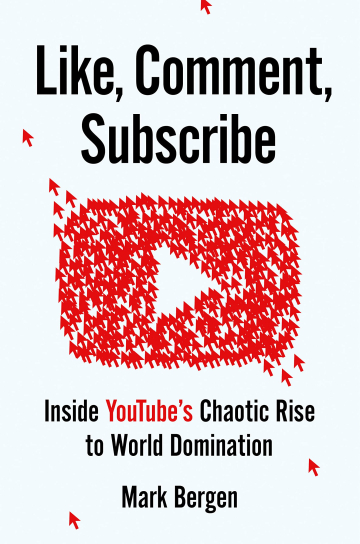
Like, Comment, Subscribe: Inside YouTube's Chaotic Rise to World Domination
⚡️ 11 Quotes from the book
“No company has done more to create the online attention economy we’re all living in today.”
“Everyone knew YouTube. But few knew how it works—who runs it, what decisions they make, and why those decisions matter.”
“Unlike American Idol, YouTube had no judges, only audience. It felt as if everyone watching YouTube were also creating YouTube videos.”
“Google brought unheard-of resources to YouTube’s SQUAD. Screeners were hired in Europe and Asia. Therapists were brought in. But YouTube remained wary of its buttoned-up parent.”
“Social media was exploding into a global phenomenon. In 2009, Twitter catapulted from a techie niche site into a mass spectacle; Facebook introduced its “Like” button and nearly tripled its user base to 350 million. Little joined a handful of news industry veterans smitten with social media’s power—how it replaced the immediacy of the news wire, the authority of the anchor, the emotional weight of eyewitness accounts.”
“Novel games like Minecraft were exploding, with endless variations made for computers, not pricey consoles. Video games had narratives baked in, designed for devotee binge-watching. And “Let’s Play” had a rising grandmaster.”
“YouTube’s absolute worst fight, though—one that sucked the life force out of the people running the company—was over Google Plus.”
“YouTube had always tolerated complaints from creators. That was a fair price for their free videos, which brought in eyeballs, which brought in ad dollars, 45 percent of which went straight to YouTube.”
“'Bad actors.' That’s the term Google used for spammers, hackers, and election meddlers—those who made the internet unsafe.”
“From an insurgent underdog in entertainment, a money pit, something of a joke, YouTube had become one of the most dominant, influential, untamed, and successful media businesses on the planet. In less than two decades.”
“During its history, YouTube tried to push or position its platform as something that it wasn’t—a premium service, a destination for Hollywood, a manageable and sanitary place with only a few “bad actors,” a great equalizing force. That tension between what the company wants and what it has will never end. But YouTube has learned to live with it, or at least run a prosperous business from it.”
Related videos
Publications
The Times: Like, Comment, Subscribe by Mark Bergen review — the chaotic rise of YouTube
The Wall Street Journal: ‘Like, Comment, Subscribe’ Review: Watching YouTube Rise
Associated Press: Review: ‘Like, Comment, Subscribe’ looks at YouTube’s rise
Ask Albert:
Rate the book
⚡️ Discover Even More Bookish Wisdom
recommends
recommends

